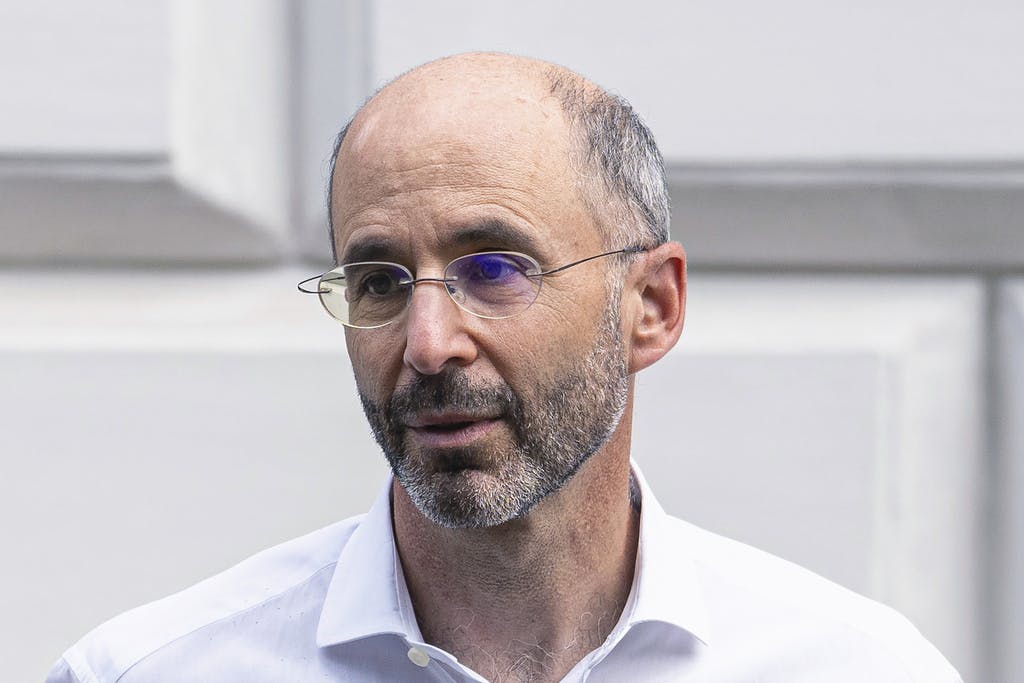
Iran Adds 7 Years to Prison Sentence for Nobel Laureate Narges Mohammadi
By SUN STAFF and ASSOCIATED PRESS
|One cheerleader of the administration’s latest rapprochement deal with the Islamic Republic is the man who ran President Biden’s Iran policy until April, Robert Malley, who has been mum since his suspension for undisclosed violations.

Already have a subscription? Sign in to continue reading

By SUN STAFF and ASSOCIATED PRESS
|
By MATTHEW RICE
|
$0.01/day for 60 days
Cancel anytime
By continuing you agree to our Privacy Policy and Terms of Service.
By DAVID JONES